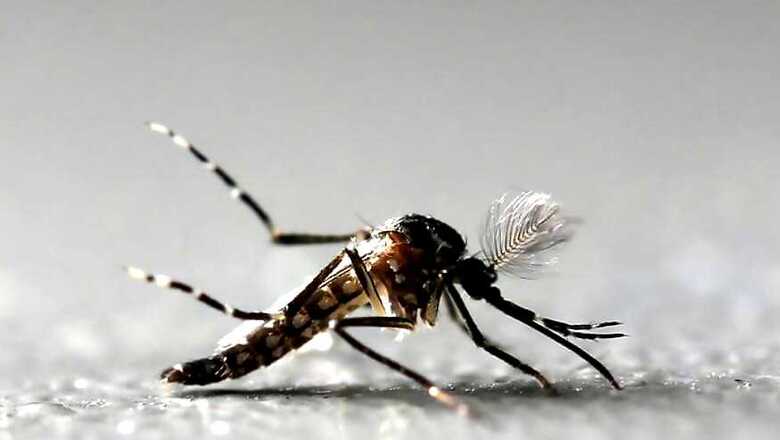
views
The rapidly rising cases of mosquito-borne diseases are causing major health concerns in many parts of the world. While the eastern part, including Asian and African countries have been widely affected with dengue and malaria, western parts, especially USA, has reported a number of Zika and Eastern equine encephalitis cases.
In a recent development, a person succumbed to EEE virus in Connecticut. The city health officials say this is the first person in the state that has died from a deadly mosquito-borne virus spreading throughout the Tri-state area since 2013.
The Connecticut’s Department of Public Health announced on Friday, September 20, about the death of an East Lyme resident from Eastern Equine Encephalitis, which was caused earlier this week.The authorities have notified that the East Lyme resident was infected at some point in late August.
While it is the first death case from EEE since 2013, a second confirmed case of EEE in Connecticut this year has come up. EEE is a rare and serious viral illness that is transmitted to humans by a mosquito bite. The viral infection, caused by mosquitoes, has already killed at least five people in the US this year.
Connecticut officials previously announced that mosquitoes in 12 towns have already tested positive for deadly brain-infecting virus. In addition, there are at least three confirmed human cases of Eastern Equine Encephalitis in New Jersey.
As per CDC, the common symptoms of EEE fever include fever, chills, and muscle and joint pain.In severe cases, the virus can cause swelling in the brain, leading to death.
According to the CDC, about a third of infected patients die. Those who survive, experience ongoing neurological problems.The CDC adds that there is also no human vaccine for EEE, making it even more dangerous.
“Using insect repellent, covering bare skin, and avoiding being outdoors from dusk to dawn are effective ways to help keep you from being bitten by mosquitoes. Mosquitoes continue to be active until the first heavy frost,” warned DPH Commissioner Renée Coleman Mitchell.




















Comments
0 comment